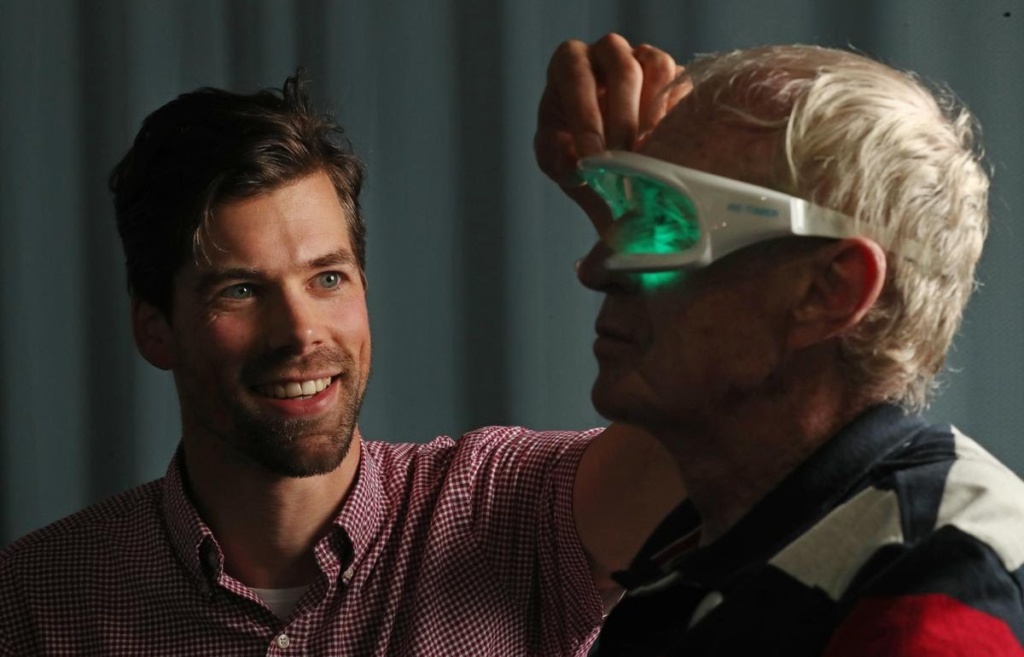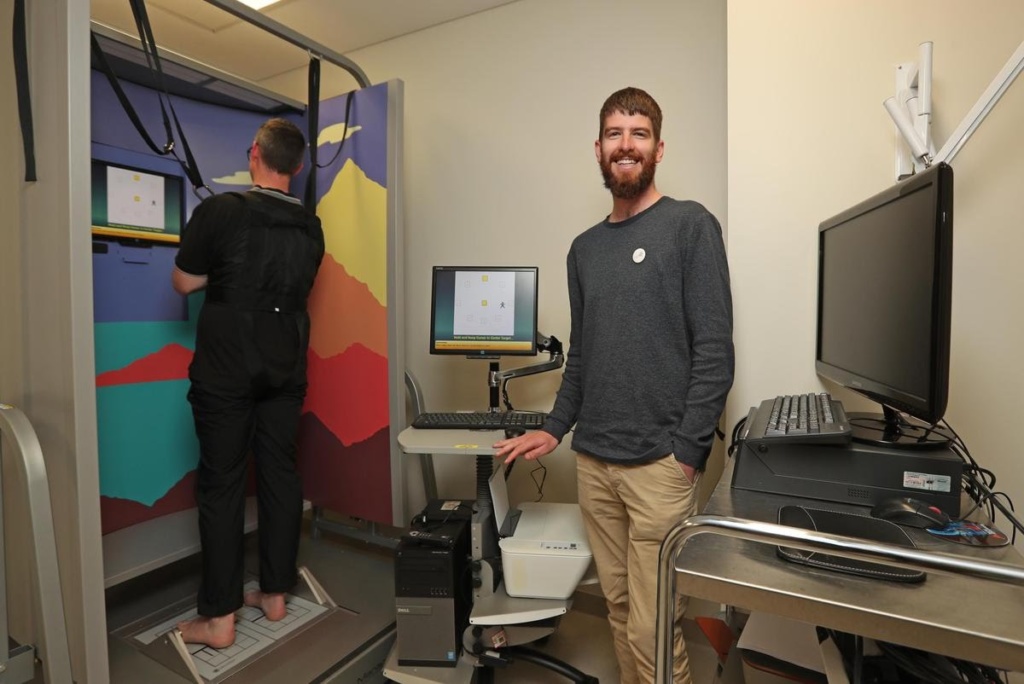ECU researchers are looking for people living with neurological conditions to take part in a range of studies and trials aimed at improving their quality of life.
Led by Moira Sim, the research is focusing on conditions such as multiple sclerosis, Parkinson’s disease, Huntington’s disease, stroke, traumatic brain injury and functional neurological disorders.
Titled SPIN (systematic profiling in neurological conditions), the program aims to develop new and targeted interventions that will have a positive impact on health and wellbeing and improve the quality of life of people living with such conditions.
“Currently most research is dedicated to identifying a cure or disease-modifying therapies and while this research is very important, it does very little for individuals living with these conditions now,” Onno van der Groen, one of the principal investigators, said.
“With the SPIN program, we aim to evaluate clinical, biological and lifestyle changes over time and use this information to design and identify novel therapeutic approaches that target key issues and benefit people now.
“This approach aligns with consumer consultations we have undertaken with members of the neurological community, and this is perhaps best exemplified when one told us ‘Finding the cure would be brilliant, but that is 30-40 years in the future. I want to see solutions that help me to live a good life now’.”
Dr Van der Groen said participants would be given the opportunity to take part in new research trials that use cutting edge treatments to target specific aspects of their disease such as fatigue, movement, cognition.

For example, some of the interventions currently running include a light therapy study targeting fatigue and modern gaming technology to improve upper arm function, cognition, and mood.
“The assessment process is comprehensive and evaluates cognition, movement, body composition, sleep, mood, activities of daily living, quality of life, lifestyle behaviours and biological markers,” Dr Van der Groen said.
“People can undertake assessments in one day or over several days and are provided with multiple breaks and lunch and morning tea.

“We want this to be a pleasant process as we are sincerely appreciative of the effort and commitment people are providing.
“The assessments have been purposefully developed to enable in-person and regional and remote delivery, which ensures that people have equal access to this study regardless of their location or situation.”
To be able to take part, individuals should be between 18 and 85 years old, on stable medication (for four weeks or longer), able to understand written and spoken English and able to follow written and verbal instructions.
Joondalup Health Campus is recruiting volunteers for a research study to help improve the outcomes for older adults in hospital.
The study starts in November and is investigating the effects of nurse-led volunteer support and pain assessment technology.
The study is in collaboration with ECU Centre for Research in Aged Care and is led by Rosemary Saunders.
Dr Saunders said the aim of the study was to evaluate a model of service delivery for adults in hospital aged 65 years and older.
“Our ageing population, particularly those with cognitive impairment, presents a growing challenge for acute health services and the use of volunteers has been reported to be a proactive strategy to support older adults in acute care,” she said.
Dr Saunders said they were recruiting student volunteers and from the community, with training to be provided.